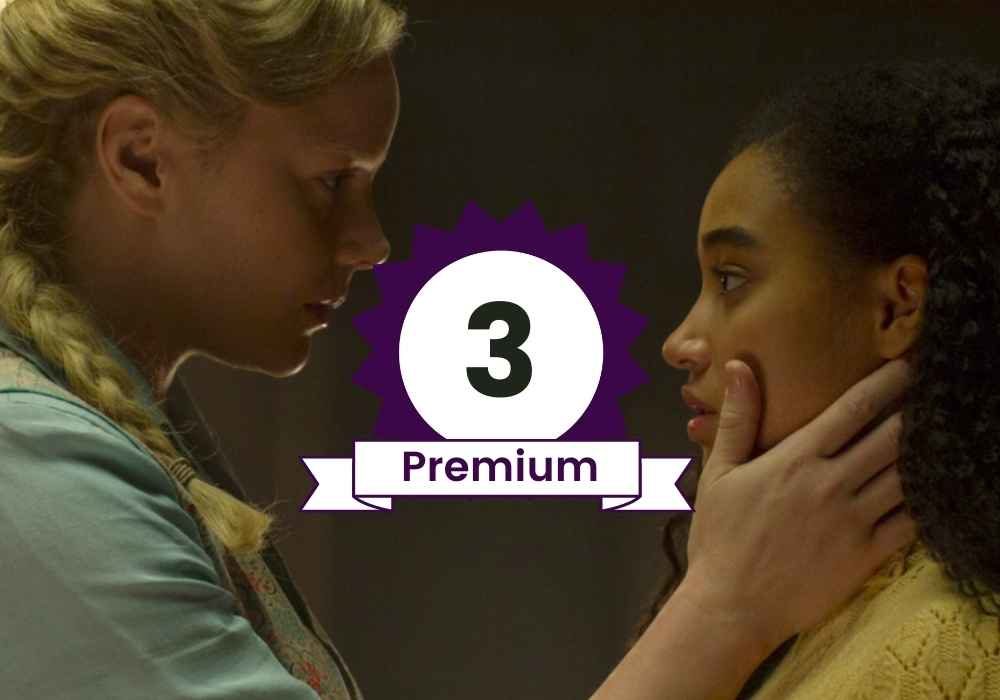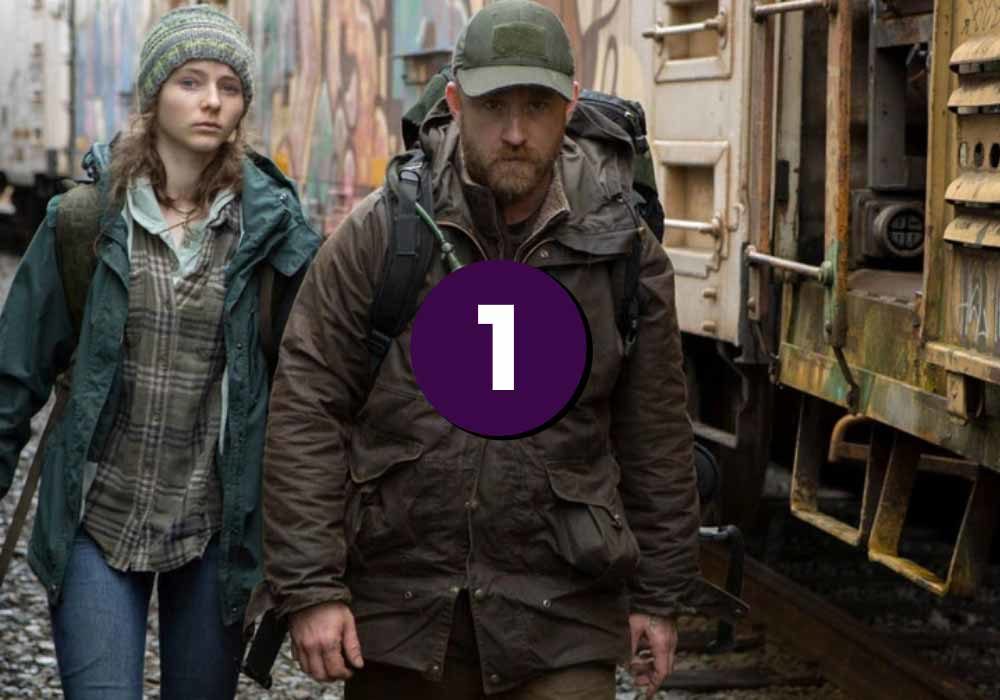In this podcast episode, we discuss the documentary Free Solo, about Alex Honnold’s preparation for and ascent of Yosemite’s El Capitain without ropes.
Brett Pardy podcast
Ep. 5: Christian Petzold’s Transit
In the fifth episode of our film podcast, we talk about Christian Petzold’s modern-day holocaust drama Transit and how it refreshes the holocaust drama while exploring the bureaucratic trauma of being a refugee. Podcast episode 5: Christian Petzold’s Transit In the fifth episode of our film podcast, we explore why setting a holocaust drama in modern day France is […]
Ep. 3: Where Hands Touch
In the third episode of our film podcast, we talk about Amma Asante’s Where Hands Touch, a flawed but often intelligent film worthy of a closer look. Episode 3: Where Hands Touch In the third episode of our film podcast, we tackle a complex, imperfect film nevertheless worth talking about. Amma Asante’s Where Hands Touch […]
Ep. 1: Leave No Trace
For the first episode of the new Seventh Row podcast, our host and Associate Editor Elena Lazic is joined by Editor-in-Chief Alex Heeney, Associate Editor Orla Smith, and Contributing Editors Gillie Collins and Brett Pardy, for a discussion about Debra Granik’s Leave No Trace.



